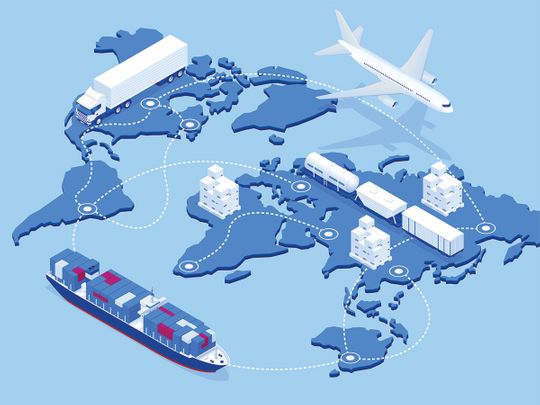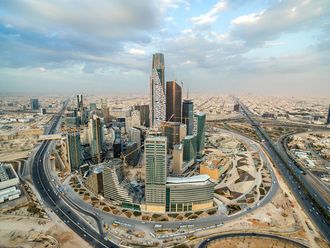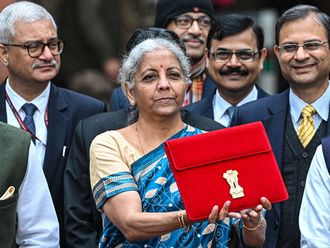
In yet another interesting development within the ebbs and flows of global trade, protectionism is making a comeback after more than 200 years of of the laissez-faire theory adopted by the capitalist system concerning free markets. The laissez-faire theory in effect means ‘let do-let go’.
This is regarded as the fundamental tenet of liberal capitalism, and was accepted and promoted through the Cold War years that followed World War II. A period that saw the Eastern bloc nations impose taxes and trade restrictions under the guise of safeguarding their domestic manufacturing.
Upending a 200-year consensus
Recent developments have conspired to alter the balance of economic power, particularly in the wake of the Russia-Ukraine conflict, which adversely affected commodity supplies, notably energy. Two key points need to be made - the first is that the phrase ‘let do-let go' was originally used in conjunction with the emergence of industrialization in Western countries, and the ensuing urgent demand for raw resources, on which manufacturers were dependent.
Such resources, readily available in large quantities in underdeveloped nations, needed to be transported for the then industrial expansion in the West. Thus, flexibility in the free flow of material and goods across markets was necessary.
As for the second part, it has something to do with Francis Fukuyama’s philosophy, according to whom the Cold War ended in a victory for the capitalist order. This belief prompted economically active forces to call for global markets opening in and more liberalization.
The real winner is in fact the one who determines the rules of the new game, which created the ‘GATT’ agreement, and in 1995 became the World Trade Organization. It was tasked with eliminating or drastically reducing trade restrictions.
New global trade order riven with rifts
However, you cannot always get what you want. Successive developments proved that Fukuyama's conclusion was wrong. The world, despite the resounding fall of the Eastern bloc, is still rife with contradictions. In fact, they can even be far worse than those between the two opposing camps during the Cold War, as evidenced by the intense economic competition and conflicts that signal a return to trade protectionism.
The main reason for the current emphasis on trade protectionism can prove dangerous in that it revolves around one system. We can easily see its manifestation at more than one level between the US and China, the two largest economies.
The West is trying to increase customs duties on its imports from China and restrict exports of semi-conductors to it. These commodities are very important to today’s industries. The US recently included 36 Chinese entities in the list of export restrictions, while China refuses to carry out the financial and monetary reforms demanded by the West to raise the value of the Chinese currency, and thus increasing the price of its exported products.
As for the West itself, protectionist measures take various indirect forms. The EU strongly protests and expresses its dissatisfaction with the support provided by the US to its industries, especially electric carmakers, under the pretext of climate protection, which enhanced the competitive edge of its products in the market compared to EU built models that do not receive such support.
This applies to the competition between Boeing and Airbus. According to Bloomberg, French President Emmanuel Macron requested a resounding EU reaction to the US green support package, which the EU says gives North American businesses an unfair edge.
GCC cannot stay out of the fray
The EU's finding was backed by Japan and South Korea, causing an escalating stress in their bilateral relations. The GCC countries were included in this trade competition, and there is little doubt that the GCC nations are moving away from the Gulf Customs Union and toward protectionism.
Protectionism affects trade in oil and other primary products, including food. Everyone is trying to protect their interests, which means two things. The first is the full renunciation of one of the fundamental tenets of capitalism-based commerce established by Adam Smith, the main proponent of such an economy.
The second is the WTO's marginalization, which has effectively transformed into a court that hears complaints from member-states against one another on a daily basis without anyone paying attention to its rulings. As a result, global trade is vulnerable to an impasse that will have a significant impact on goods flow in years to come.












